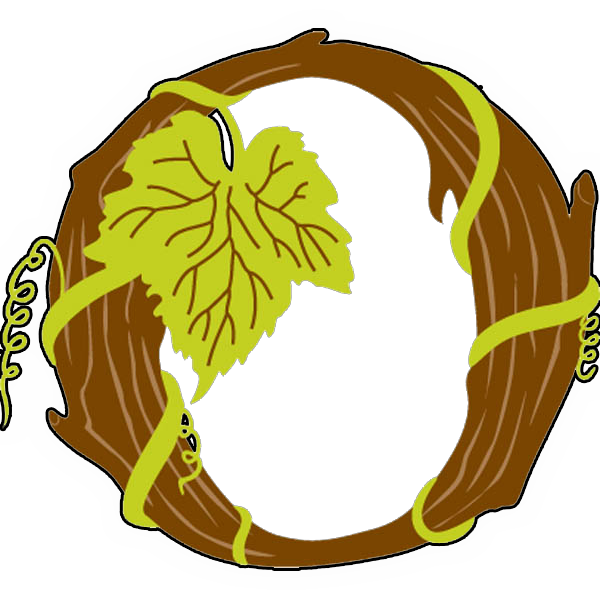Rhône Valley, France
Domaine de Romarins
In the quiet little village of Domazon, just south of Chateauneuf du Pape, the Fabre family farms 25 hectares of very old vines. A true family affair, the fourth generation wine-maker Xavier has now taken over many of the responsibilities from his parents and has been joined by his brother Benoit. But the Cotes du Rhone remains very true to the old style. While Xavier experiments with oak barrels for some new cuvées, he understands the basic Cotes du Rhone, done in the old cement cuve, is a winner that doesn't need fixing. 50% Grenache, 30% Syrah and 10% each of Mourvédre and Cargignan make up the blend.
Côtes du Rhône Rouge
Domaine Galévan
While the domaine has been in the family since the late 18th century, it took a ninth generation daughter to actualize the potential of the vineyards and produce estate bottled wines. Before Coralie Goumarre took over the estate in 1995, the grapes from the 49 hectares of vines were sold to the local co-op. The vineyards were certified organic in 2011. Coralie’s energy and talent are evident in these stunning wines. The Châteauneuf du Papes, red and white, from a mere 2 hectares of vines, have become stars of the appellation.
Côtes du Rhône Rouge - Paroles de Femmes
Châteauneuf du Pape Blanc
Châteauneuf du Pape Rouge
Châteauneuf du Pape - St. Georges
Domaine les Bruyères
David Reynaud’s ancestors have been farming this land since the 18th century. As every generation has made their improvement or expansion, so has David when he took over the family farm in 2000. His contributions have been to convert the vines to organic and bio-dynamic farming methods and to redefine the quality of the winemaking. He farms the family’s 20 hectares, most of which are planted to Syrah in Crozes-Hermitage, and works an additional eight belonging to a colleague. The results have been spectacular. The purity and elegance of his wines both reflect and belie the intense work that goes into every vine, every grape every bottle.
Crozes-Hermitage - Beaumont
Crozes-Hermitage Blanc - Aux Bêtises
Crozes-Hermitage - Cuvée Georges






